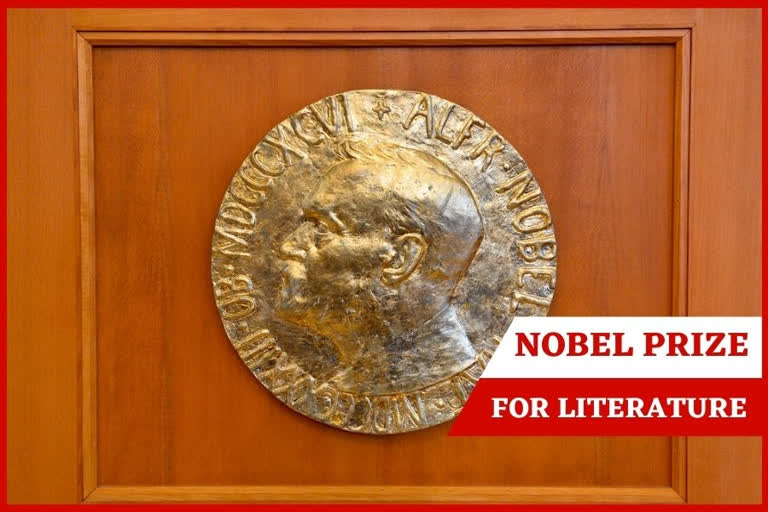Stockholm: The Nobel Prize for Literature is set to be awarded Thursday after several years of controversy and scandal for the world’s pre-eminent literary accolade.
In 2018 the award was postponed after sex abuse allegations rocked the Swedish Academy, the secretive body that chooses the winners and sparked a mass exodus of members.
After the academy revamped itself in a bid to regain the trust of the Nobel Foundation, two laureates were named last year, with the 2018 prize going to Poland’s Olga Tokarczuk and the 2019 award to Austria’s Peter Handke.
Handke’s prize caused a storm of protest: a strong supporter of the Serbs during the 1990s Balkan wars, he has been called an apologist for Serbian war crimes. Several countries including Albania, Bosnia and Turkey boycotted the Nobel awards ceremony in protest and a member of the committee that nominates candidates for the literature prize resigned.
Read more: Nobel Prize for Chemistry awarded for 'genome scissors'
This year the academy is likely to seek a more harmonious choice for the 10 million kronor (more than $1.1 million) prize.
Authors often mentioned as contenders include Kenya’s Ngugi Wa Thiong’o, Canadian poet Anne Carson and Japanese novelist Haruki Murakami.
British bookmakers Ladbrokes have ranked Carson as the 5-1 favourite, followed by Russian novelist Lyudmila Ulitskaya, Canadian author Margaret Atwood and Guadeloupe-born writer Maryse Conde.
On Monday, the Nobel Committee awarded the prize for physiology and medicine for discovering the liver-ravaging hepatitis C virus. Tuesday’s prize for physics honoured breakthroughs in understanding the mysteries of cosmic black holes and the chemistry prize on Wednesday went to scientists behind a powerful gene-editing tool.
Still to come are prizes are for outstanding work in the fields of peace and economics.
Also read: Study of black holes wins Nobel Prize in physics
(With inputs from AP)



